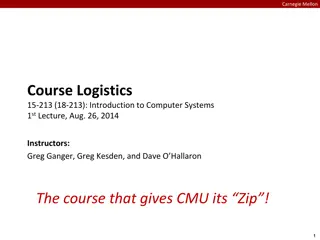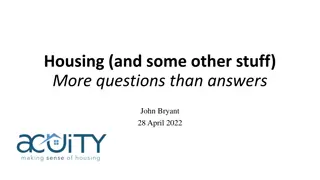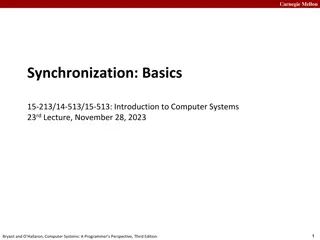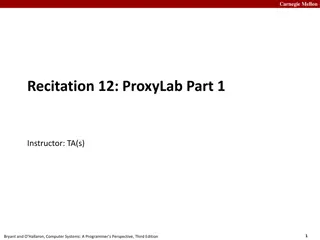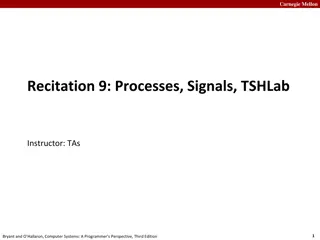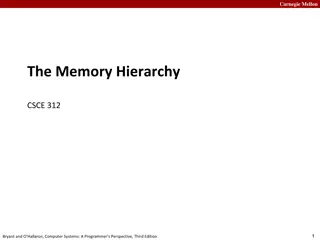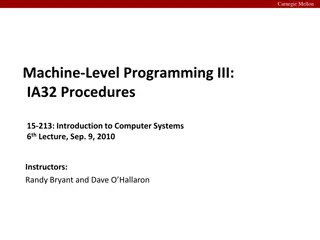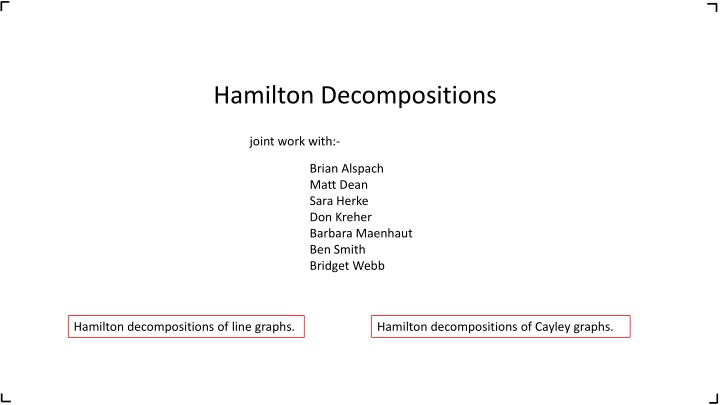
Hamilton Decompositions in Graph Theory Studies
Explore Hamilton decompositions in line graphs and Cayley graphs, their properties, conjectures, and open problems. Understand the conditions under which regular graphs have Hamilton decompositions and the significance of connectivity in this context. Discover the latest findings and research in graph theory related to Hamilton decompositions.
Download Presentation

Please find below an Image/Link to download the presentation.
The content on the website is provided AS IS for your information and personal use only. It may not be sold, licensed, or shared on other websites without obtaining consent from the author. If you encounter any issues during the download, it is possible that the publisher has removed the file from their server.
You are allowed to download the files provided on this website for personal or commercial use, subject to the condition that they are used lawfully. All files are the property of their respective owners.
The content on the website is provided AS IS for your information and personal use only. It may not be sold, licensed, or shared on other websites without obtaining consent from the author.
E N D
Presentation Transcript
Hamilton Decompositions joint work with:- Brian Alspach Matt Dean Sara Herke Don Kreher Barbara Maenhaut Ben Smith Bridget Webb Hamilton decompositions of line graphs. Hamilton decompositions of Cayley graphs.
Let ? be a ?-regular graph. A Hamilton decomposition of ? is a set of ? 2 edge-disjoint Hamilton cycles. The line graph of a graph ? is denoted by ? ? . ? ?? ? 1 The edges of ? are the vertices of ? ? . ?(?) ? ? Two vertices of ?(?) are adjacent if the corresponding edges are adjacent in ?. ?-regular 2(? 1)-regular
Hamilton decompositions of line graphs Let ? be a 3-regular graph ?. Then ? is Hamiltonian ?(?) has a Hamilton decomposition. (Kotzig, 1963) ?(?) has a Hamilton decomposition. ??? Let ? be a ?-regular graph ?. Then ? is Hamiltonian For each ? 4, there exists a ?-regular graph ? such that ?(?) has a Hamilton decomposition, but ? is not Hamiltonian. ? ? ? ? ? ?
Hamilton decompositions of line graphs Let ? be a 3-regular graph ?. Then ? is Hamiltonian ?(?) has a Hamilton decomposition. (Kotzig, 1963) ?(?) has a Hamilton decomposition. ??? Let ? be a ?-regular graph ?. Then ? is Hamiltonian Let ? be a ?-regular graph ? with ? even. Then ? is Hamiltonian ?(?) has a Hamilton decomposition. (Bryant, Maenhaut, Smith; 20??) Conjecture (Bermond, 1988): If ? has a Hamilton decomposition, then so does ? ? . Let ? be a ?-regular graph ? with ? odd. Then ? has a Hamiltonian 3-factor ?(?) has a Hamilton decomposition. (Bryant, Maenhaut, Smith; 20??) Open Problem: For odd ? 5, does the line graph of every Hamiltonian ?-regular graph have a Hamilton decomposition ?
Hamilton decompositions of line graphs For a ?-regular graph ? with ? even, is it true that ?(?) has a Hamilton decomposition if and only if ?(?) is 2(? 1)-edge connected? For all ? 3 there exists a ?-regular graph ? such that ?(?) is 2(? 1)-edge connected but ?(?) does not have a Hamilton decomposition. (Jackson, 1991) 3 Hamilton cycles: RED BLUE GREEN
Hamilton decompositions of Cayley graphs Conjecture: Connected Cayley graphs on finite abelian groups have Hamilton decompositions. (Alspach 1984) The conjecture holds for degree 5. Bermond, Favaron, Maheo, 1989 and in lots of cases when degree = 6. Dean, Kreher, Liu, Westlund 2007-2009 The conjecture holds if the connection setis a minimal Cayley generating set. Liu 1994-2003 The conjecture holds if the graph has order ?2 where ? is prime. Alspach, Bryant, Kreher 2013 There exist connected Cayley graphs on infinite abelian groups that have NO Hamilton decomposition. There exist connected Cayley graphs on finite non-abelian groups that have NO Hamilton decomposition.
Hamilton decompositions of Cayley graphs The natural infinite analogue of a Hamilton cycle is a spanning double ray spanning connected 2-regular graph Consider the infinite Cayley graph ???( , 1,2,3 ). edge cut of size 6(= 1 + 2 + 3) But any Hamilton cycle crosses the edge cut an odd number of times. Since we need 3 Hamilton cycles, there is no Hamilton decomposition. ?+ ?+(??? 2) OPEN PROBLEM: Does every connected ???( ,?) satisfying ?+ ?+ (??? 2) have a Hamilton decomposition ? Yes when ???( ,?) is 4-regular graph, when ? = {1,2, ,?}, and in lots of other cases. (Bryant, Herke, Maenhaut, Webb 2018) Conjecture: Connected Cayley graphs on finite abelian groups have Hamilton decompositions. (Alspach 1984)
Hamilton decompositions of Cayley graphs Let ? be a connected 3-regular graph that is bipartite, has order divisible by 4, and has a regular group action on its arcs. ?3 It is known that there are infinitely many such graphs (Conder, Nedela 2009). The first three such graphs are:- 2?3 ?3 M bius-Kantor graph (order 16) Desargues graph (order 20) (order 8) Form the graph ? 2? from ? by replacing each edge with a pair of parallel edges, and then replacing each vertex with a copy of ?6. ?(2?3) Claim: ? 2? is a Cayley graph and has no Hamilton decomposition. The regular action on the arcs of ? guarantees that ? 2? is a Cayley graph.
Hamilton decompositions of Cayley graphs For a contradiction, suppose ? 2? has a Hamilton decomposition. ?(2?) is 6-regular so there are 3 Hamilton cycles in a Hamilton decomposition. Colour them red, blue and green. There are exactly two edges of each colour entering/leaving each ?6. ?(2?3) Collapsing each ?6 induces a Hamilton decomposition of 2?. OPEN QUESTION: Are there any smaller Cayley graphs that have no Hamilton decomposition? ?2 ?1 A Hamilton decomposition of 2? induces a perfect 1-factorisation of ?. ?3 But bipartite graphs of order divisible by 4 have no perfect 1-factorisation (Kotzig, 1963). Theorem. There exist infinitely many connected 6-regular Cayley graphs that have no Hamilton decomposition. Bryant, Dean 2015.
Hamilton decompositions of Cayley graphs There exist at least two connected 4-regular Cayley graphs having no Hamilton decomposition. Open Problem: Are there any more connected 4-regular Cayley graphs that have no Hamilton decomposition? (1) ? ? ? where ? is the Petersen graph is a connected 4-regular Cayley graph on ?5 and has no Hamilton decomposition. (2) ? ? ? and has no Hamilton decomposition. where ? is the Coxeter graph is a connected 4-regular Cayley graph on ???(2,7) Every other connected 4-regular Cayley graph of order 168 has a Hamilton decomposition. McKay and Royle 2014 THE END 4-regular Cayley graph on ?5 that has no Hamilton decomposition.







